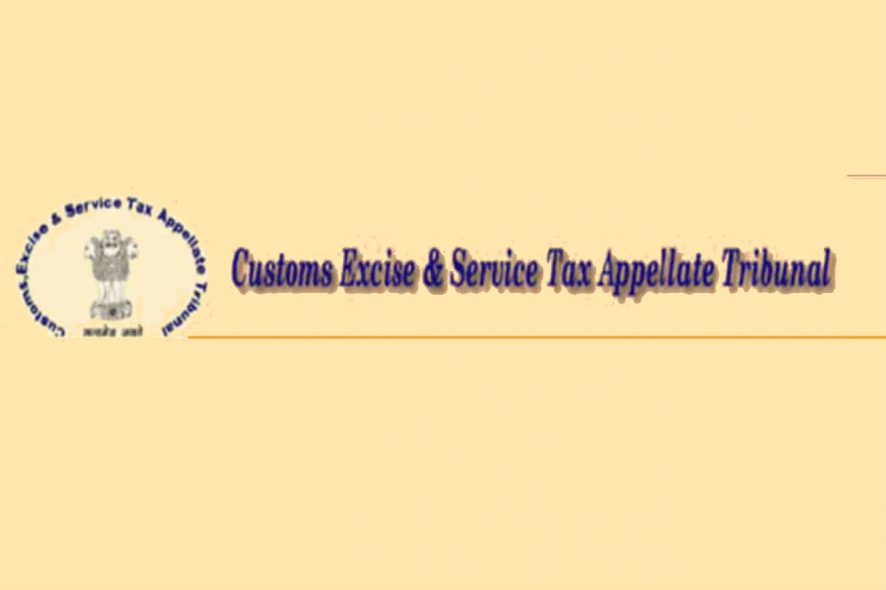Customs, Excise and Services Tax Appellate Tribunal (CESTAT): P. Dinesha (Judicial Member) allowed an appeal which was filed against the Order-in-appeal passed by the Commissioner of G.S.T. and Central Excise (Appeals).
The vessel carrying 38,000 kgs of “Laird Lentils” in the name of Moorthy Traders, Virudhunagar, and they did not come up to clear the consignment which made the shipper to identify a new buyer then the appellant firm was contacted by the shipper who was a different entity and offered the consignments for sale. The appellant itself had informed the Department and that they were the new consignee and the IGM amendment was under process and had also advised their Customs Broker to file Bill-of-Entry immediately after receiving the necessary documents and accordingly, the Customs Broker filed Bill-of-Entry No. 3521953 dated 04-06-2019, etc. the appellant had requested for waiver of penal charges for late filing of Bill-of-Entry. The Adjudicating Authority did not waive the penal charges, which on appeal also came to be upheld.
The counsel for the appellant, Mr A.K. Jayaraj submitted that at the outset in an identical situation, this very Bench of the CESTAT had deleted the late fee in the cases of Blueleaf Trading Co. v. Commr. of G.S.T. & Central Excise, 2019 SCC OnLine CESTAT 221 and ECOM Gill Coffee Trading (P) Ltd. v. Commr. of Customs, 2019 SCC OnLine CESTAT 5859.
The Tribunal allowed the appeal relying on the judgments referred to by the counsel of the appellant reproducing,
“7.3 The impugned order referring to this Order-in-Original dated 08.11.2017, has also not questioned the bona fides of the appellant. In his order, however, the Commissioner (Appeals) has only directed the adjudicating authority to charge the assessee the late fee from the date of agreement made between the shipper and the appellant, which was nobody’s case and not even as per law. As discussed above, Section 46 ibid authorizes the proper officer to collect late fees subject to his ‘non-satisfaction’ of the cause shown and there is no via media. The appellant admittedly is not the first importer, but a saviour who came forward at a later stage. The Act only contemplates charging of late fee from the importer per se. It is clear from the impugned order as well as that of the Commissioner (Appeals) that there was no reason/question of ‘non-satisfaction’ as to the reasonable cause shown by the appellant. In the above factual background therefore, it is very difficult to accept as to how the Order-in-Original came to be passed against a Customs Broker just because it made a request. Appellant is clearly not the first importer, there is request for amendment in IGM on record, allowed by the Revenue after collecting requisite fees and these are clearly post-import developments. The subsequent developments, as observed supra, were perhaps necessitated because of the goods being perishable. Clearly, no mala fide is found in the above developments by the Revenue and therefore, it can be safely assumed that the Revenue was otherwise satisfied with ‘sufficient cause’.
- For the above reasons, I am of the view that the impugned order is not sustainable and hence, the same is set aside.
- The appeals are allowed.”
[A.K. Rajavel & Co. v. Commr. Of Customs, Customs Appeal No. 40064 of 2020, decided on 10-03-2021]
Suchita Shukla, Editorial Assistant has reported this brief.



